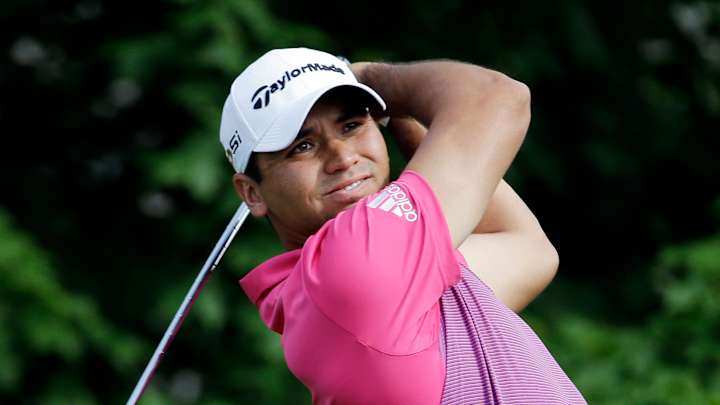Golf back in the Olympics after 112 years, but for how long?

AKRON, Ohio (AP) For the longest time, golf's biggest headache in preparing for a return to the Olympics was getting a new course built in Rio de Janeiro.
That seems like a nuisance compared with its next major hurdle.
Who's going to play?
Ten eligible players over the last two months have pulled out of the Olympics, six of the specifically citing concerns about the Zika virus. The last week alone was particularly devastating to a sport wanting to make a good impression after being gone from the games for 112 years.
Rory McIlroy, a four-time major champion with the broadest global appeal among young stars, was the most prominent player to withdraw. That was until Tuesday when Jason Day, the No. 1 player in the world, said he would not be going. Shane Lowry and Branden Grace are planning to start families and will stay home because of Zika.
That's four players from the top 25 who won't be in Rio, and dread that more might follow.
One of them might be Jordan Spieth, who described his Olympic position Tuesday as ''uncertain.''
''I've always been excited about the possible opportunity, but there's quite a few different factors that would turn somebody away from going. It's not just one, there's quite a few factors,'' Spieth said, mentioning Zika, security and reports of violence.
The International Golf Federation stopped responding to each withdrawal because it was repeating the same statement: It is disappointed, but understands that each player has to decide on his own.
''Unfortunately with what's going on with Brazil and Rio with the Zika virus, there's a small chance it could happen, and I just can't put my family through that, especially with the future children we're looking at having,'' Day said.
While the sport is assured a spot in 2020 in Tokyo, the International Olympic Committee will vote next year to decide if golf stays longer than that. And it doesn't help when there's an All-Star roster of players who won't be there for whatever reasons.
Because countries are limited to two players (a maximum of four if they are among the top 15), only 18 players from the top 50 will be in Rio - as of Tuesday.
IGF executive director Antony Scanlon, who has been involved in nine Olympics, believes golf still can put on a good show.
''We gave a commitment to have the best players there,'' Scanlon said. ''The decision they're making are personal. We can't make those decisions for them. All you can do is understand the decision they're making. After the games, we'll have two worthy champions, gold medalists that history will look back on. When the IOC members come to the venue, they're going to have a great time. They'll experience a sport where you can get close to the players and see their passion and determination.
''All we can do is make sure we deliver a great event.''
It wasn't supposed to turn out this way.
When golf made its pitch to get back into the Olympics for the first time since St. Louis in 1904, the IGF presented video support from Tiger Woods and Phil Mickelson and other top players who offered enthusiasm and unconditional support for Olympic competition.
That was in 2009, before Brazil was devastated by political corruption and an economic meltdown, before concerns over polluted water and whether Rio could provide adequate security. And that was before Zika.
Brazil has been the hardest hit by the outbreak of Zika, a mosquito-borne virus linked to severe birth defects and possible neurological problems in adults. Schwartzel and Lowry said if the Olympics were anywhere else, they would be there.
''The Olympic committee has to look at this and go, `Look, it was a weird situation, so don't penalize golf because of a weird situation,''' Bubba Watson said.
But is it as simple as blaming it on Rio?
No women eligible for the Olympics have dropped out, and they would seem to be at greater risk from Zika. Then again, the women do not have the chance to play on a big stage like the Olympics. All three of their U.S. majors are held the week before the men's majors and often get lost in coverage.
The perception is that Zika is an easy way out from going to South America for an Olympic competition that has little history behind it in golf. And the leading organizations did themselves no favors by cramming their biggest events into the summer ahead of the games. The final two majors, the British Open and PGA Championship, will be held in the month before the competition in Rio.
After the Olympics, PGA Tour players go right into the lucrative FedEx Cup, and then for Americans and Europeans, it's off to the Ryder Cup and its flag-waving fervor.
''Other athletes have been training four and eight years to go to the Olympics. I can see why they're going because it's the pinnacle of their sport,'' Lowry said. ''It's not the pinnacle of golf yet. It could be in 20 years' time. But it's not like winning the U.S. Open or winning the Masters or playing in the Ryder Cup.''
